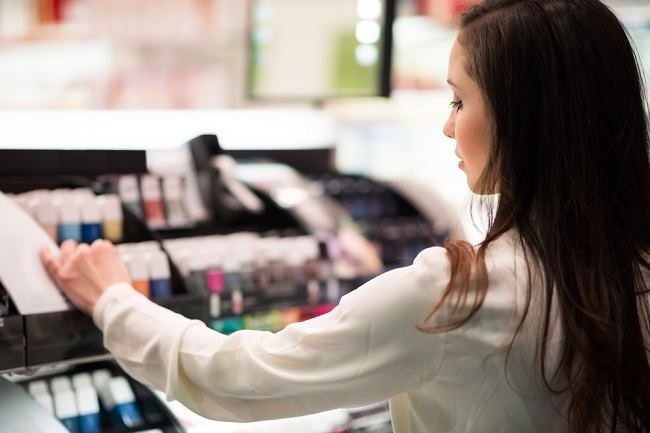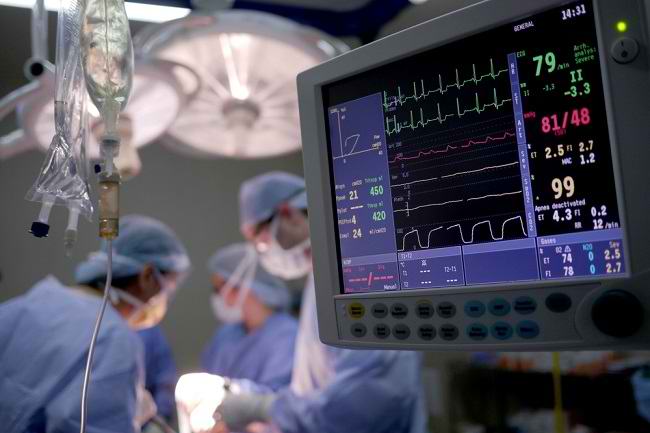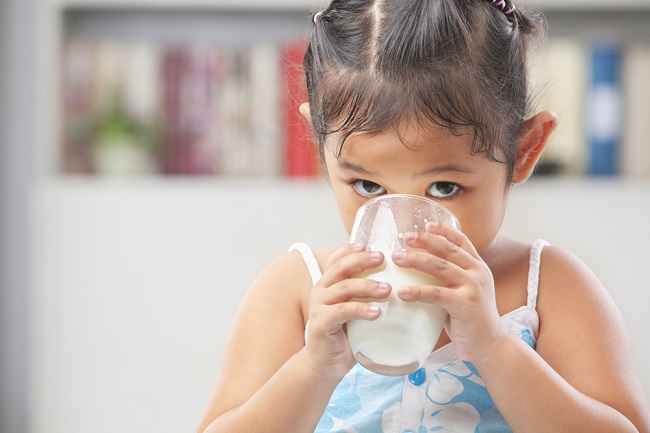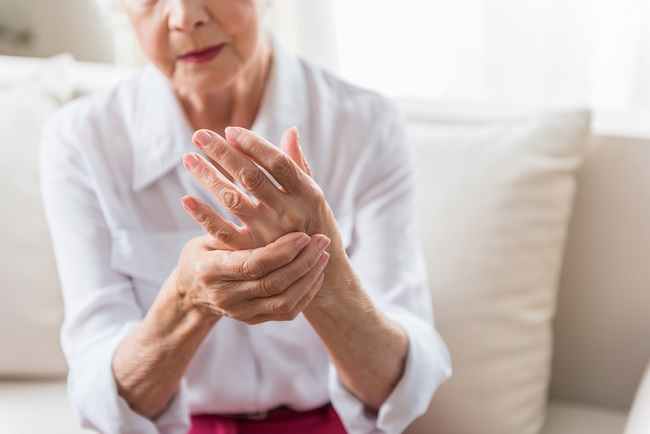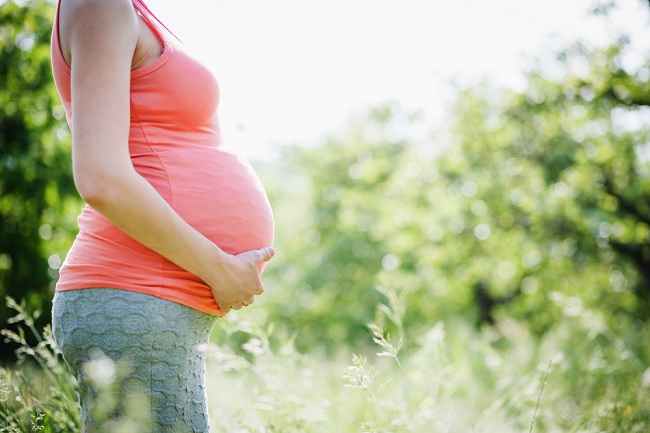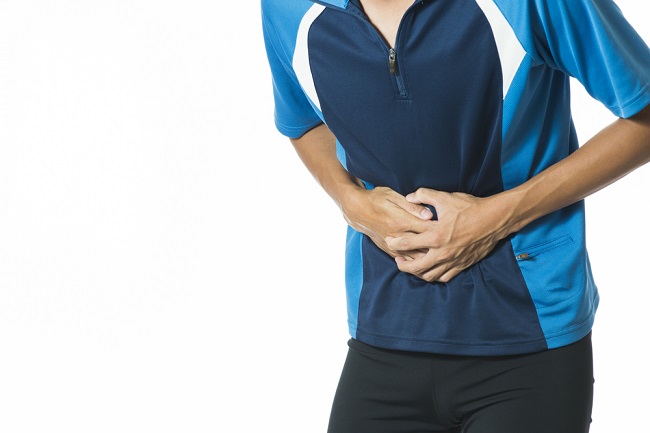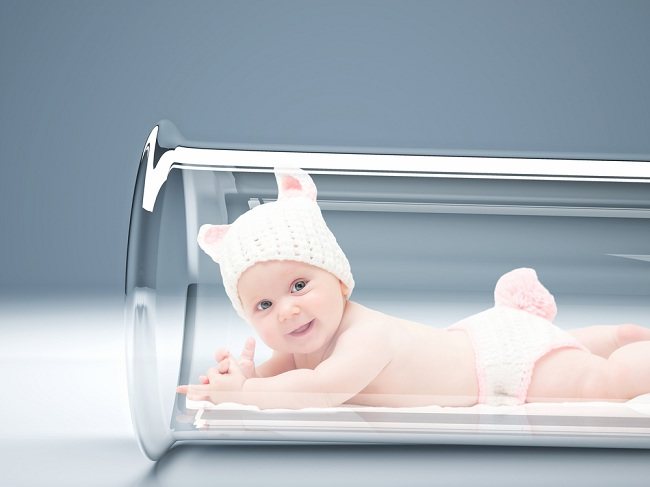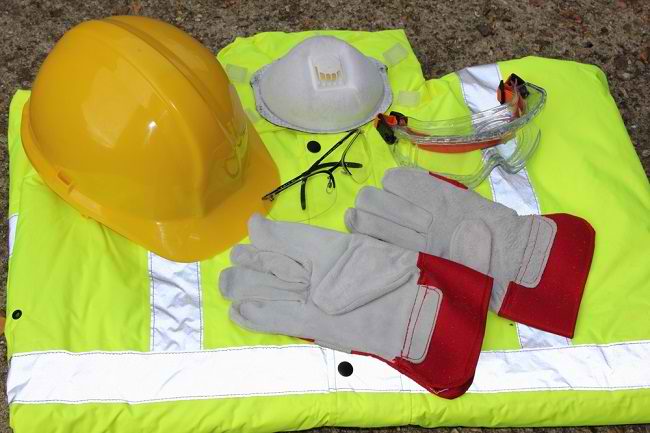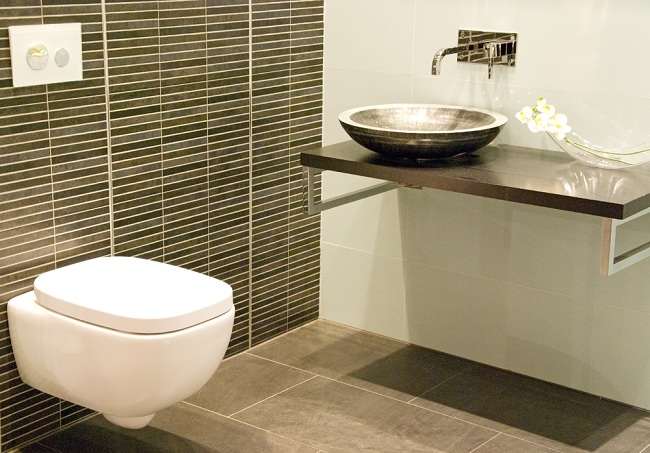The first thousand days of life is a golden period for children. Starting from the process of conception until the little one is about two years old, this period is an important time for physical growth and mental development of children. In the first 1,000 days, not only nutrition and stimulation need attention, how to care for the baby must also be a concern for parents.
The first thousand days of a child's life is a period to maximize the health and development of children. Proper nutrition during pregnancy and lactation, as well as complementary feeding, has been shown to have a major impact on a child's growth and development, as well as reducing the risk of disease, both for the child and for the mother.

The risk of disease can be prevented through the provision of proper nutrition, and also through awareness of hygiene. In maintaining cleanliness or hygiene, parents need to pay attention to how to properly care for babies.
Tips for Caring for Babies in the First 1000 Days that are Important to Know
Keeping your baby clean will help him avoid illness while teaching him good habits from an early age. If the child is often sick, his growth and development can also be disrupted.
Here's how to care for a baby in the first 1000 days of life:
- bathingNewborn babies are actually enough to be bathed in warm water. If soap is needed, choose a mild soap that is specially formulated for babies. It is important to choose a special baby soap because baby's skin is very sensitive, so they are more prone to skin problems and irritation. Thoroughly clean the armpits, groin, neck, and skin folds.
- Keeping body parts clean
Dental hygiene must also be maintained from an early age. You can brush your baby's teeth and gums from the first time his teeth erupt.
Lastly, don't forget to trim your nails regularly. Do it after bathing, because at this time the nails will be softer so they are easier to cut.
- Changing diapersClean the skin of the groin from front to back to prevent urinary tract infections, simply use a cotton swab or tissue that has been moistened with water. Allow to dry or pat dry by gently patting with a towel. Next, apply a cream specially formulated to prevent and treat diaper rash.
- Keeping baby clothes cleanWhen buying new clothes for your baby, wash them before wearing them. Washing baby's clothes will remove any dirt, chemical residue, or dust that might irritate baby's skin. It is recommended to use a special detergent formulated for baby's sensitive skin. If you use ordinary detergent, the formula is feared to be too harsh so that it can make baby's skin itchy and inflamed.
- Keeping baby eating utensils cleanWashing baby eating utensils, such as pacifiers and bottles, requires special treatment. Baby eating utensils must be kept clean, to prevent bacteria and viruses from entering the little one's body, considering his immune system is still weak. Clean baby bottles thoroughly using a special soap for baby feeding utensils. This product generally has a formulafood grade, so that if there is still residual cleaner and is swallowed by the baby, it will not endanger his health.
You can also use a bottle brush so that no milk residue remains. After that, sterilize by boiling, using microwave, or vaporized using an electric sterilizer.
There are four points that parents must do for their baby during the first 1,000 days of life, including the fulfillment of nutrition for the mother and baby, exclusive breastfeeding for the baby for six months, stimulation of the baby's growth and development, and maintenance of hygiene. In addition, don't forget to keep your little one's immunization schedule to prevent them from getting sick.
It is important to maintain this good habit because it is an investment for the health of the child in the future. If you have difficulty caring for your baby, you can consult a pediatrician for the best advice.
